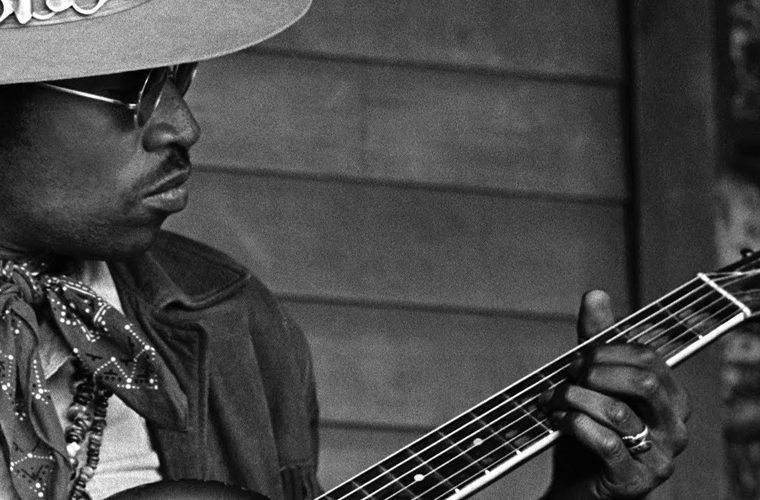The blues is a genre of music that originated in the African-American communities of the southern United States in the late 19th and early 20th centuries. It is characterized by its distinctive 12-bar chord progression and often melancholic lyrics. The blues has had a profound influence on many other musical genres, including jazz, rock and roll, and R&B, and its impact can still be felt in contemporary music today.
The roots of the blues can be traced back to the work songs, spirituals, and field hollers of African-American slaves in the southern United States. These early forms of musical expression provided a means of coping with the hardships of slavery and became the foundation for the blues. As African Americans migrated to urban centers in the early 20th century, the blues evolved and spread, eventually becoming a popular form of entertainment in cities like Memphis, Chicago, and New Orleans.
The blues is characterized by its use of specific chord progressions, often featuring an I-IV-V chord structure. The 12-bar blues form is a common structure in which each verse typically follows a pattern of four bars of the I chord, two bars of the IV chord, two bars of the I chord, one bar of the V chord, one bar of the IV chord, and two bars of the I chord. This simple yet powerful structure provides a framework for improvisation and allows for a great deal of emotional expression within the music.
Lyrically, the blues often address themes of heartache, loss, and struggle. The lyrics are typically straightforward and poignant, reflecting the experiences and emotions of the performers. This directness and honesty are key elements of the blues aesthetic, allowing for a deep emotional connection between the performer and the audience. Instruments commonly associated with the blues include the guitar, harmonica, piano, and saxophone. The use of slide guitar and bottleneck techniques are also distinctive features of blues music, adding to its unique sound.
The blues has had a profound impact on the development of popular music. Its influence can be heard in the work of artists such as B.B. King, Muddy Waters, Howlin’ Wolf, and Robert Johnson, who are considered pioneers of the genre. The blues also played a significant role in shaping the sound of rock and roll, with artists like Elvis Presley, The Rolling Stones, and Eric Clapton drawing inspiration from blues music.
In addition to its musical influence, the blues has also had a lasting impact on culture and society. It has provided a voice for marginalized communities and has served as a means of expressing social and political commentary. The blues has been a source of inspiration for countless artists across various mediums, from literature to visual arts, further solidifying its place in American culture.
While the blues has evolved, its essence continues to resonate with audiences around the world. Contemporary artists such as Gary Clark Jr., Keb’ Mo’, and Susan Tedeschi carry on the tradition of the blues while incorporating modern elements into their music. The enduring appeal of the blues lies in its ability to convey raw emotion and connect with listeners on a deeply personal level.
In conclusion, the blues remains a vital and influential genre of music with a rich history and enduring legacy. Its impact on popular music, culture, and society as a whole cannot be overstated. As long as there are stories to tell and emotions to express, the blues will continue to captivate audiences and inspire future generations of musicians and music lovers alike.

